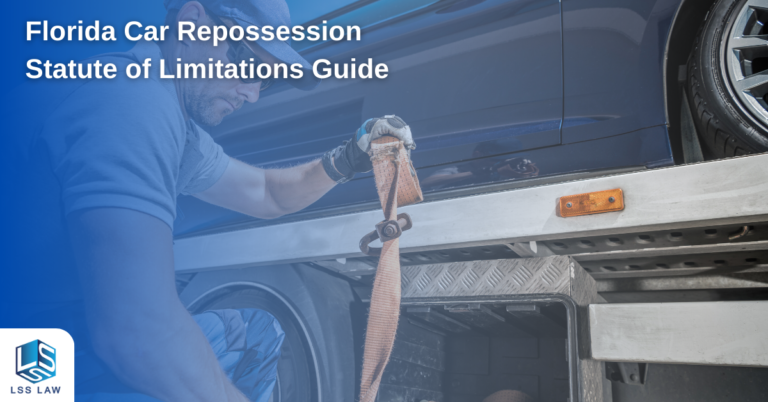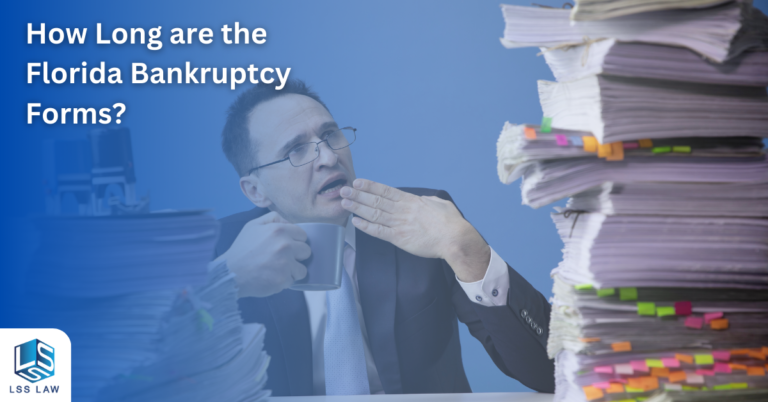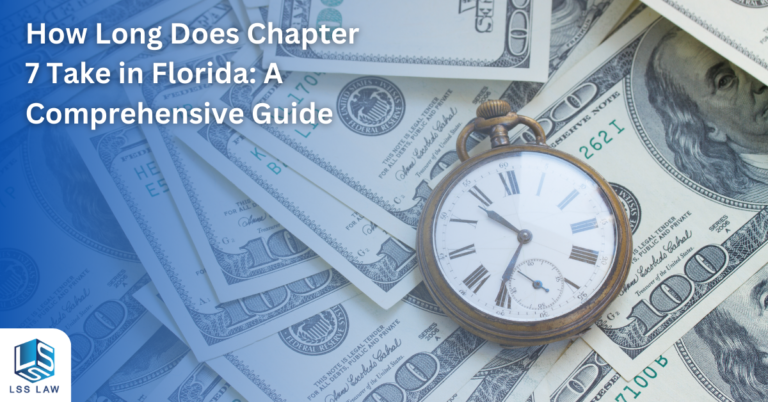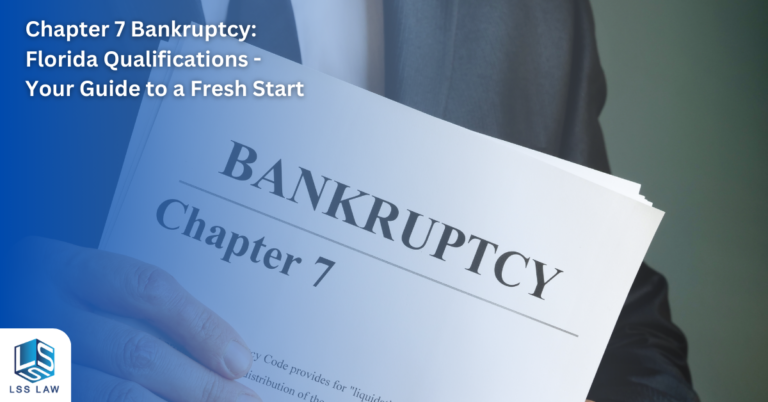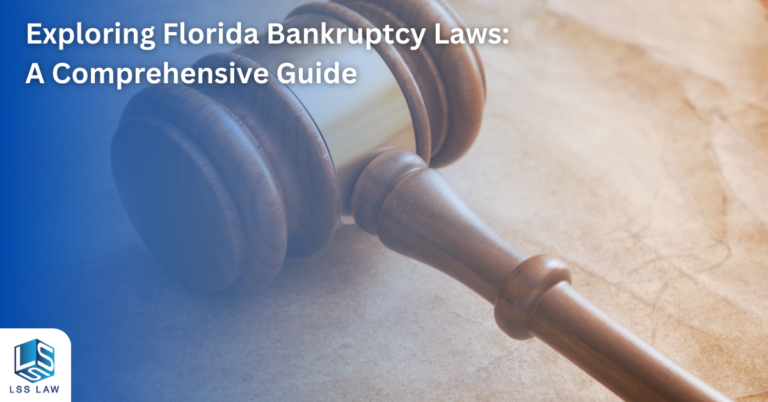Having your car repossessed can be an extremely stressful and challenging situation. As soon as you miss a payment on your car loan, the lender has the legal right to take back the collateral – your car – if you default on the loan.
It’s important to understand how the repossession process works and what your rights and options are if your vehicle gets repossessed in Florida.
In this guide, we’ll cover:
- An overview of the car repossession process
- Time limits for collection on deficiency balances
- Vehicle repossession laws in Florida
- Your legal rights during the repossession process
- Steps to take to get your car back
- Answers to frequently asked questions
Having a solid understanding of the legalities around car repossession in Florida can help you avoid potential issues and know your options if your lender takes back your vehicle.
How Does the Repossession Process Work?

When you finance a car with an auto loan, the lender holds the title and you make monthly car payments towards the loan amount. If you miss or stop making timely payments based on your loan terms, the lender has the legal right to take possession of the vehicle.
Here is a general overview of what happens during the repossession process:
Notice of Default
If you miss a payment, the lender will send a written notice that you have defaulted on the auto loan. The notice provides information on the amount owed and a deadline to become current on the loan.
Voluntary Surrender
At this point, you may have the option to voluntarily surrender the vehicle to the lender if you are unable to make the payments. This can save you money compared to forced repossession.
Repossession Order
If the car loan debt remains unpaid, the lender can issue a repossession order. This authorizes a repossession agent to take possession of the vehicle.
Taking Possession of the Vehicle
The repossession company will attempt to locate and take possession of the car. The vehicle can be taken from any public property without notice.
Sale of the Vehicle
Once repossessed, the lender will sell the car to try to recoup the unpaid loan balance. This is usually done through a private sale or public auction.
Deficiency Balance
If the sale proceeds do not cover the full loan balance, the remaining amount is called the “deficiency balance.” The lender can pursue legal action to collect this amount.
Time Limits for Collecting Deficiency Balances
When a vehicle is sold after repossession, there is often a remaining deficiency balance if the sale proceeds do not cover the full loan amount owed.
In Florida, creditors have a limited timeframe to pursue legal action to collect a deficiency balance:
- 5 years – The statute of limitations is five years from the date of repossession to collect a deficiency balance through a civil lawsuit.
- 45 days – The lender must send a “Notice of Right to Redeem Vehicle” within 45 days after the sale. This gives the borrower a chance to pay the deficiency balance plus fees to redeem the vehicle before the title is transferred.
- 60 days – The lender has 60 days after repossessing a vehicle to send a “Notice of Sale” informing the borrower of the upcoming public sale date or that a private sale will take place.
Staying aware of these crucial deadlines can help protect your rights after repossession in Florida. If a lender fails to send the required notices or delays taking action, they may lose the ability to pursue you for the deficiency amount later on.
Repossession Laws in Florida
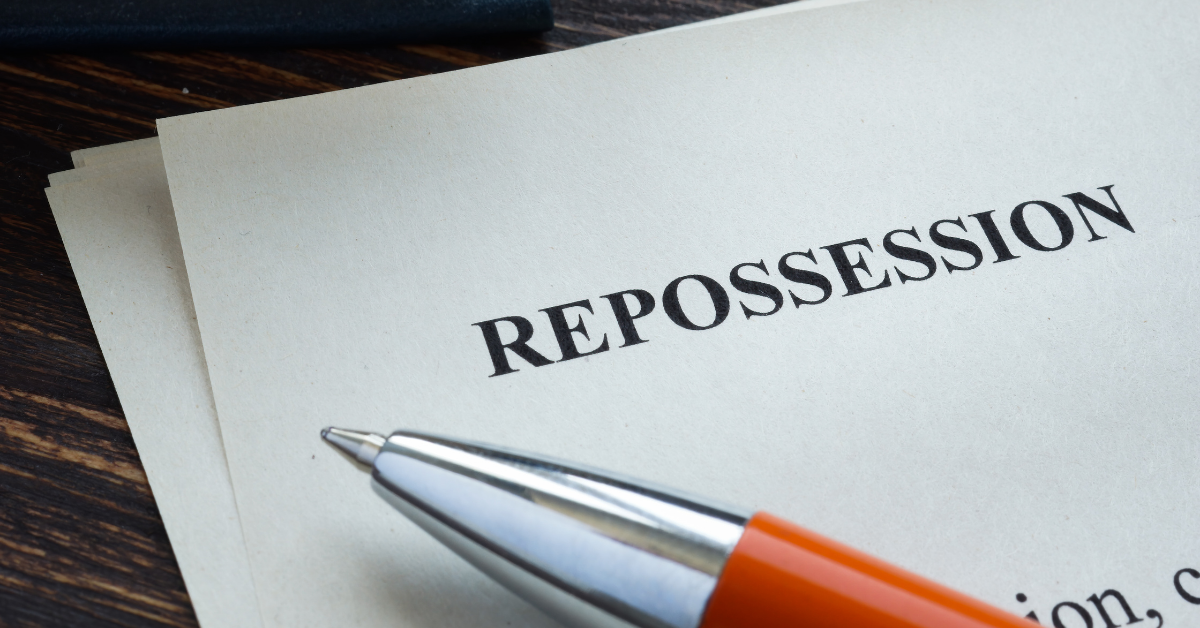
If your vehicle is at risk of repossession or has already been taken, it’s important to understand your legal rights under Florida law:
- Breach of Peace – Repossession agents are prohibited from causing a breach of the peace. They cannot trespass, threaten violence, or physically restrain you.
- Inventory – Any personal belongings left in the repossessed vehicle must be inventoried and made available for you to retrieve.
- Right to Redeem – For 45 days after the repossession sale, you may be able to pay the deficiency balance plus fees and get your vehicle back.
- Right to Surplus – If the vehicle sells for more than what you owed on the loan, you have a right to the surplus amount.
- Notice of Sale – You must receive a mailed notice stating whether your vehicle will be sold at public auction or private sale.
Being aware of your legal rights can help ensure fair treatment if your vehicle is repossessed in Florida.
Steps to Take to Get Your Car Back

If your car has been repossessed or you want to prevent it from being taken, here are some steps you can take:
Bring the Loan Current
Contact your lender immediately and find out the exact past-due amount needed to bring your loan current. You may be able to reinstate the loan by paying the missed payments, late fees, and repossession costs.
Negotiate a Settlement
If you can’t pay the full deficiency amount, negotiate with the lender to try to settle for a lesser amount that is affordable for your budget. Get any agreement for reduced payment in writing.
Arrange a Voluntary Repossession
You may be able to arrange to voluntarily surrender the vehicle yourself to save on repossession fees if you know you can no longer make the payments.
Refinance the Loan
See if you qualify to refinance the auto loan for lower payments that you can manage more easily. Use the proceeds to pay off the defaulted loan and get your car back.
File Bankruptcy
For some people overwhelmed with debt, filing bankruptcy may help eliminate the deficiency balance entirely or create time to catch up on payments. Consult with a bankruptcy attorney to explore whether this option could help you get your car back.
Impact of Repossession on Your Credit
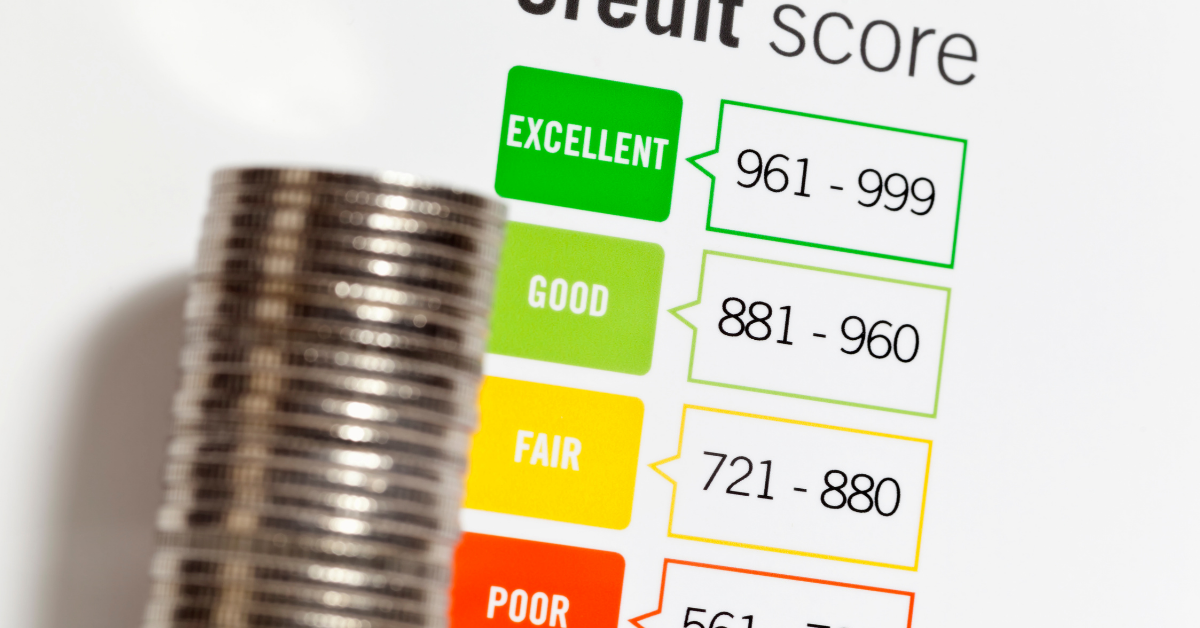
Having your vehicle repossessed can significantly hurt your credit standing. Here’s how it may impact your credit reports and scores:
- The repossession will be added to your credit report, usually by the original lender. This can cause your score to drop by 100 points or more.
- Your credit reports will show the car loan as “charge-off” meaning the lender wrote it off as a loss. The account will indicate a $0 balance.
- The repossession can stay on your credit report for up to 7 years from the date of your first missed payment leading up to the repossession.
- Your credit score will make it harder to qualify for new loans or credit cards. You may have to accept higher interest rates.
- Potential landlords may view your credit report and deny rental applications due to the repossession history.
Understanding the lasting impact on your credit empowers you to start taking steps to rebuild and recover after a repossession.
Frequently Asked Questions
What happens to a repo after 7 years?
Negative information, including a past repossession, will automatically drop off your credit report after 7 years from the date of your first missed payment leading up to the repossession. However, the lender may still legally pursue collection of the remaining loan deficiency balance for up to 5 years from the repossession date under Florida’s statute of limitations.
What is the statute of limitations for repossession in Florida?
In Florida, lenders have 5 years from the date of repossession to sue borrowers in civil court to collect any deficiency remaining after the sale of a repossessed vehicle. This 5-year timeframe is known as the statute of limitations. Creditors lose the right to sue for deficiencies after this period expires.
Can a repo man move a car to get to yours in Florida?
No. In Florida, a repossession agent is not legally allowed to engage in a breach of peace while repossessing a vehicle. This includes activities like moving another person’s property, threatening force, or causing property damage. If you believe a repossession breach of peace occurred, consult an attorney about your options.
Is Florida a right-to-cure state?
Yes, Florida does have a right to cure law for auto loans. Within 45 days after repossessing your vehicle, the lender must send a “Notice of Right to Redeem” that gives you a chance to pay the deficiency balance plus fees to get the vehicle back before the title transfers. This notice provides an opportunity to “cure” the default.
Get Rid of Your Debt With Legal Help

If you are facing auto repossession or your vehicle has already been taken in Florida, understand that you still have rights. The skilled attorneys at LSS Law are familiar with Florida repossession laws and can advise you on the best steps to get rid of our debt through bankruptcy while recommending helpful tips for dealing with unfair treatment by lenders or collectors.
We know this can be an overwhelming situation. Our legal team will treat you with compassion and help you explore all of your options. Contact us for a free consultation (for Chapter 7 and 13) so we can discuss your unique situation. With the right legal guidance, we can help put you back in the driver’s seat.

